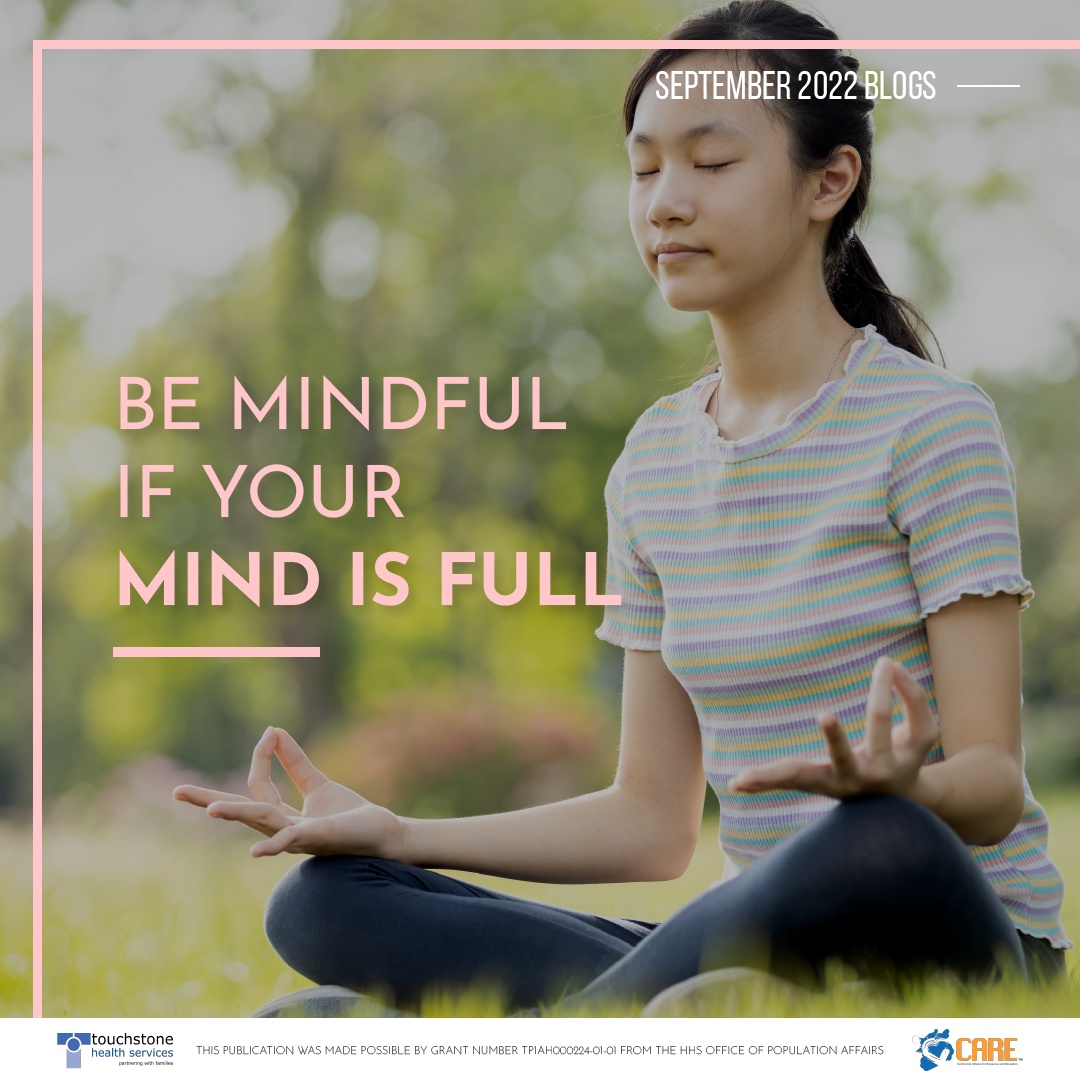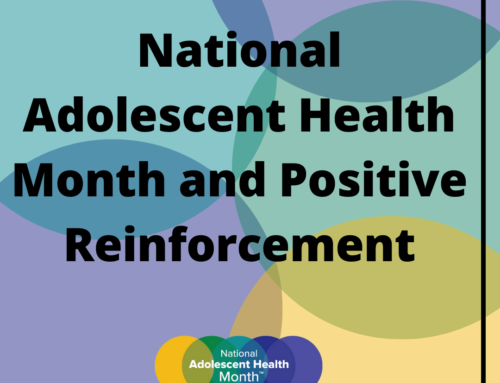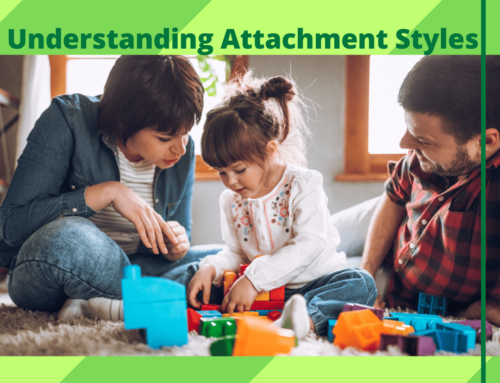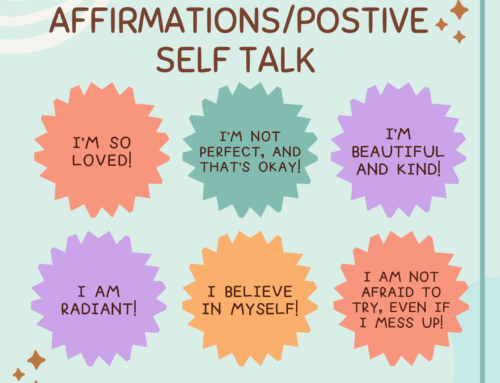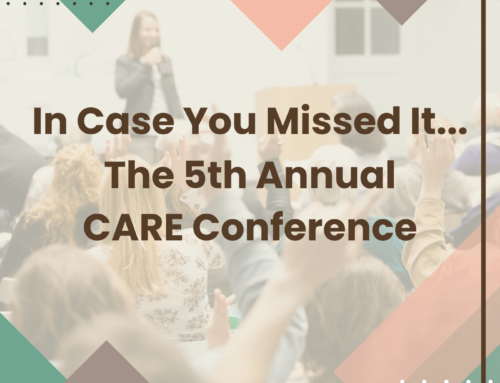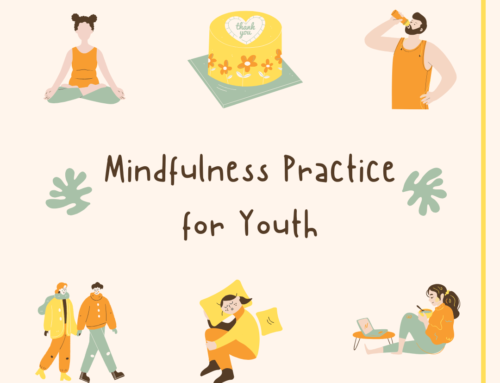Be Mindful if Your Mind is Full
Greeting readers!
Have you ever had a day where you felt like so many things were happening all at once it was hard to focus? Or did you feel that you lost focus on what was happening around you and felt disconnected? If you have, you’re not alone! Generally, people are on the go and say they do not have the time to be mindful. However, this can hurt us more, especially when not practicing mindfulness.
Sometimes it’s hard to know where to begin, so where do you start? Let’s start with what mindfulness is. While there are many different ways to explain mindfulness, we can define mindfulness as being aware of your internal and external experiences occurring in the present moment. These experiences include our thoughts, feelings, sensations, interactions, etc. The goal is to help create mental and emotional peace and address mental health issues like stress and anxiety. Another benefit to mindfulness is it can simply help someone become relaxed. So, how do we be mindful?
There is no “one size fits all” approach to mindfulness. How people practice mindfulness will look different, so ask yourself: What do I do to be mindful? If you are not sure, it’s okay! A term used along with mindfulness is self-care, which is taking time to do things that help you live well and improve your physical and mental health. Many resources provide self-care skills and techniques that have proven to be helpful. Some self-care skills relating to mindfulness are:
Muscle Relaxation
Mindful Seeing or Mindful Listening
Not all self-care skills focus on mindfulness, but most can help people be mindful internally. So, when should you practice these skills?
It may be hard to know when you should practice mindfulness skills. Listening to your body and mind when it’s telling you it needs a break is an excellent indication to practice some self-care. September 12th is Mindfulness Day, and we want to empower you to take a moment to listen to your body and practice your self-care skills! On this day, encourage others and yourself to add some time to be mindful and develop inner peace. Practicing mindfulness will look different for everyone, so finding what works best for you can make it easier to practice the skill weekly or daily. Remember, be mindful if your mind’s full!
Here’s how YOU can be a Prevention Partner:
Create a mindfulness self-care plan for yourself to practice at work or home when you feel stressed, anxious, or overwhelmed. Remember, it can be as simple as taking some deep breaths or as meaningful as an hour of meditation.
Encourage co-workers to create mindful self-care plans at work, and support them to use them if you see they are stressed and overwhelmed.
Share with a family member or friend about Mindfulness Day and encourage them to practice mindfulness for themselves.
Visit our CARE’s Soothing Place tab above for mindfulness activities and coping skills. Also featured are mindfulness activities for both youth and adults.

